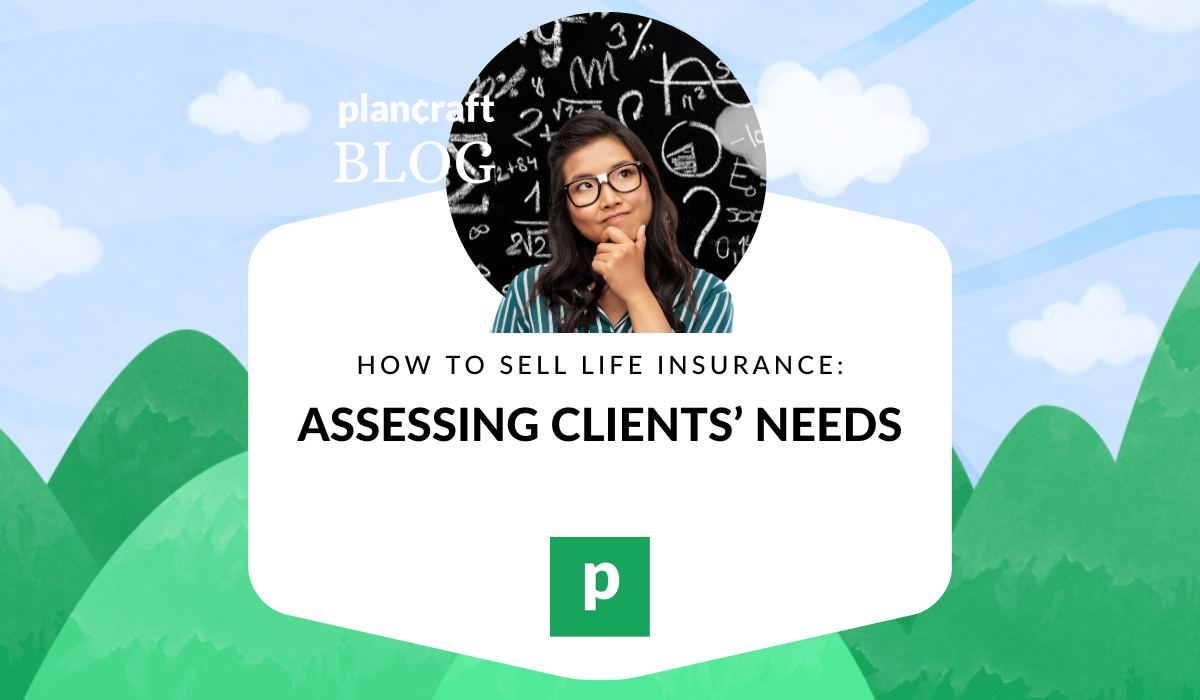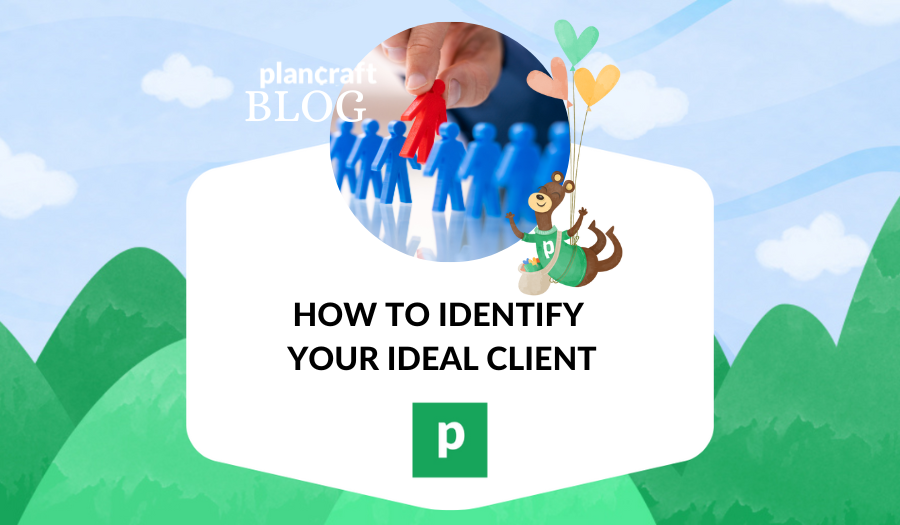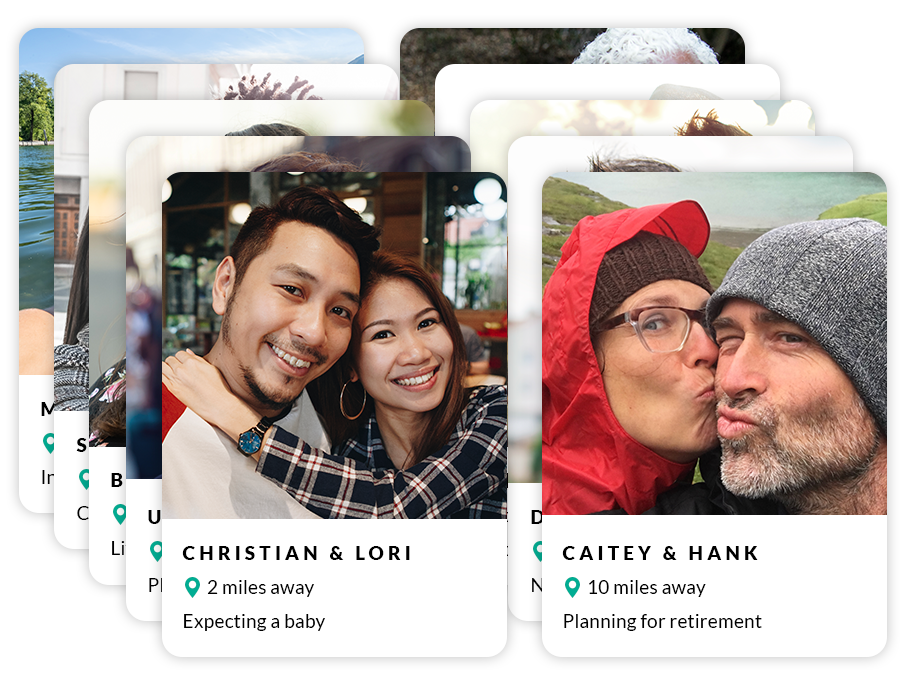Life insurance isn't just another product on a shelf. Selling life insurance is an intricate dance between understanding a client's deepest concerns and aligning those with the right protective solutions. It's a mission that goes beyond mere customer service. To truly excel, insurance agents must transition from being traditional salespeople to trusted advisors.
Each potential client carries with them unique hopes, fears, and aspirations. It's not enough to merely showcase the range of products and services available. Instead, an insurance agent should delve deeper, aiming to comprehend each client's individual situation. This understanding is foundational, not just to close a deal, but to truly cater to the needs and desires of those you serve.
In the modern landscape, where insurance marketing strategies are ever-evolving and the competition to generate leads is fierce, standing out in the crowd requires more than just a catchy sales pitch. The sales process should be a journey, one where the agent and client navigate the often confusing terrain of life insurance together.
In this guide, we'll delve into how mastering the art of assessing clients' needs can not only elevate your sales but also transform the lives of those you serve.
The Importance of Active Listening When Selling Insurance
At the heart of any successful insurance sale lies a foundational skill that, surprisingly, many overlook: active listening. While the concept might seem straightforward, it's an art that requires patience, practice, and a genuine desire to understand potential customers.
When selling insurance, it's easy to get lost in the details of policies, benefits, and premiums. But here's a good idea: pause and tune into what your client is genuinely saying. It’s not just about hearing their words but understanding the emotions, concerns, and motivations beneath them.
Active listening does more than just aid in providing a high-quality insurance solution. It's the cornerstone for building relationships that last. Here's how:
- Maintain Eye Contact: It might seem simple, but eye contact conveys attentiveness and sincerity. It shows your clients you're genuinely interested in their story.
- Show Empathy: Selling insurance isn’t just about transactions. It's about understanding life's complexities. By empathizing, you're conveying that you're in this journey with them, not just for the bottom line.
- Avoid Interrupting: Let your clients finish their thoughts. This shows respect and often leads to them revealing more about their needs and concerns.
- Ask Open-ended Questions: These types of questions require more than just a 'yes' or 'no' response, allowing clients to open up, share their experiences, and provide insights into what they truly need from their insurance.
By honing your active listening skills, you’re doing more than just enhancing your sales techniques. You’re building a foundation of trust, understanding, and, ultimately, lasting professional relationships that will serve both you and your clients in the long run.
Prior Preparation Prevents Poor Performance
In the ever-evolving world of insurance, agents working diligently often find that success lies in the details. One of the pivotal stages that can make or break a deal is the pre-meeting preparation. After all, a well-prepared agent is an empowered one.
1. Research on Potential Clients:
Whether you're navigating the realm of cold calling or trying to sell insurance from home, knowing a bit about your potential clients can be invaluable. This can involve understanding their demographics, financial landscape, or even any previous interactions they've had with life insurance companies.
2. Familiarizing with Life Insurance Products:
Every life insurance company offers a myriad of products, each with its unique pros and cons. It's essential to be well-versed in these details. By understanding the nuances, you can better tailor your pitch and recommendations to the client's needs.
3. Preparing a Set of General Questions:
While each client is unique, having a standardized set of open-ended questions can be a useful starting point. These questions can act as a guide to lead your discussion, ensuring you cover all bases and gather the necessary information.
4. Embrace Modern Tools:
With many agents transitioning to sell insurance from home, leveraging technology can offer a competitive edge. From CRM tools that track client interactions to video conferencing platforms that facilitate virtual meetings, staying tech-savvy can significantly enhance your preparation process.
5. Analyze Previous Engagements:
For agents working with potential clients who've had previous interactions or consultations, revisiting notes, feedback, or any recorded concerns can be incredibly beneficial. This not only shows clients that you value and remember past engagements but also ensures you're always one step ahead.
In essence, pre-meeting preparation is much like laying down the foundation before constructing a building. By investing time and effort into understanding your clients, familiarizing yourself with products, and leveraging modern tools, you position yourself in the best possible place to make a lasting impression and, ultimately, close the deal.
The Client Meeting Agenda: What to Discuss
The crux of any successful insurance sales meeting hinges on the depth and relevance of the conversation. As an insurance sales agent, it's essential to understand the myriad facets of a client's life to recommend the best coverage. While life insurance sales training equips agents with fundamental product knowledge, the art of discerning a client’s needs often comes down to asking the right questions. Here are the core areas to delve into during client meetings:
1. Financial Situation:
- Income, Expenses, and Debts: A clear snapshot of a client's financial health can guide recommendations, especially when considering the affordability of premium payments.
- Existing Financial Obligations: Understand any ongoing commitments like mortgages, loans, or even other insurance policies. This could also be an opportunity to discuss related products, such as auto insurance, based on their current coverage.
2. Family Dynamics:
- Dependents: Dive into the details of family members who rely on the client financially. This includes children, spouses, or elderly parents. The goal is to ensure that in unforeseen circumstances, loved ones are secure.
- Special Needs or Considerations: Every family has its unique requirements. From educational aspirations to special healthcare needs, these insights are pivotal in tailoring the right policy.
3. Future Goals and Plans:
- Retirement Plans: What does the client envision for their golden years? The right policy can be a stepping stone towards a comfortable retirement.
- Estate Planning: Ensure clients are thinking about wealth distribution, legacy planning, and any philanthropic intentions.
4. Existing Coverage and Insurance Carrier Interactions:
- Current Policies: Unearth details about existing policies. Are they satisfied with their current insurance carrier? This will not only identify potential gaps but also create opportunities to discuss switching for better terms or added benefits.
- Previous Claims Experiences: A client's history with claims can provide insights into their needs and potential concerns, helping tailor the approach.
5. Premium Payment Preferences:
Understand the client's comfort and capability concerning premium payment cycles (monthly, quarterly, annually). Gauge if they’re looking for flexibility or any specific arrangements.
6. Exploration Beyond Life Insurance:
While the primary focus may be life insurance, identifying a client’s broader insurance needs can be beneficial. For instance, discussing auto insurance can open doors to bundled policy offerings or discounts, enhancing the overall value proposition.
A proactive insurance sales agent knows that the sales process is a two-way street. While presenting options is integral, equally vital is the act of listening, understanding, and tailoring recommendations. By focusing on these key areas during client meetings, agents can not only establish trust but also pave the way for a long-standing relationship.
The Pathway to Insurance Sales Success
In the world of life insurance, two pillars stand tall: preparation and active listening. As agents, the depth of our conversations, the trust we foster, and the solutions we provide all hinge on these key elements.
Preparation ensures that we're not just entering a meeting blind but equipped with knowledge and insight. It's the toolbelt every successful agent carries, filled with research, product details, and tailored questions. On the other side, active listening is the heart of our profession. It's how we truly connect, understand, and meet the needs of our clients. Together, these skills pave the way for meaningful interactions and successful sales.
But what if you could elevate your game even further? If you're genuinely looking to boost your business, consider tapping into specialized resources like Planswell. Designed with agents like you in mind, Planswell offers tools, insights, and support to take your insurance selling to the next level.
Being a standout agent isn't just about knowledge; it's about approach, understanding, and leveraging the best resources. Remember, every client interaction is not just a sale, but an opportunity to make a lasting impact.








-3.png)
